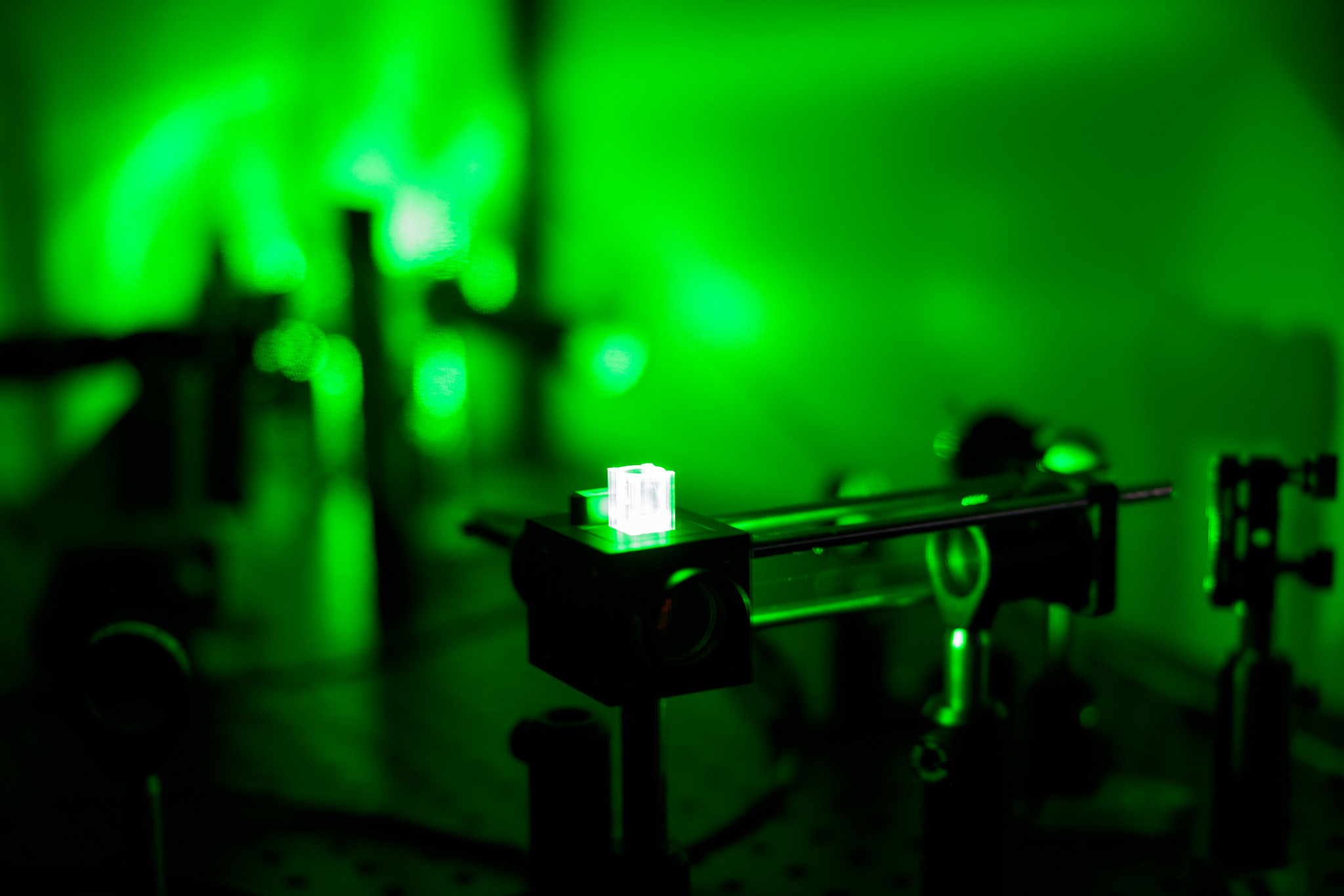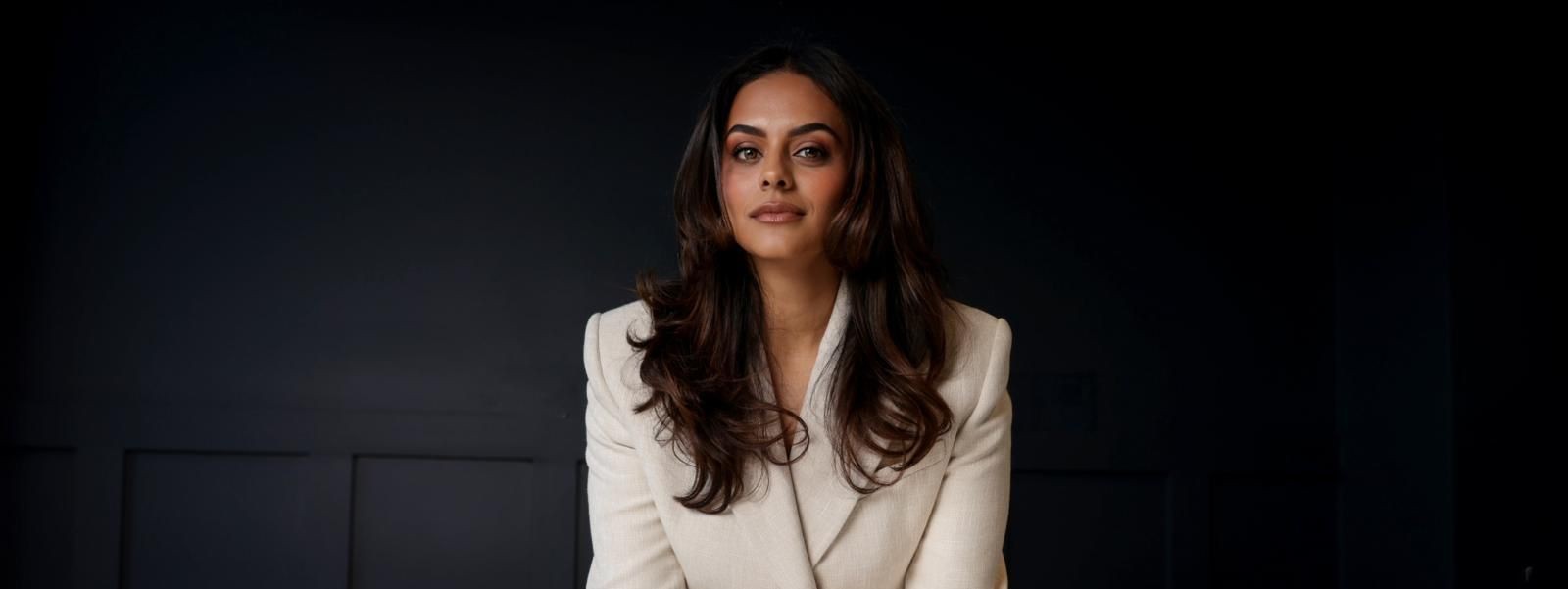The Phoenix Schools Program: resurrecting lab equipment for the next generation of scientists

Like a phoenix rising from the ashes symbolising rebirth and hope, the Phoenix Schools Program gives new life to laboratory equipment in schools. By repurposing lab equipment and consumables, Co-Founder, Samuel Wines, aims to create an ecosystem of schools, and industry and research institutions to promote purpose-driven hands-on STEM education.‘How do we create an ecosystem that sustains itself?’ he asks.The program’s inception stems from BioQuisitive, an open community laboratory founded by Andrew Gray. Andrew went “dumpster diving” to gather resources to fit out a shipping container as a certified laboratory space, requesting old equipment from institutions who no longer needed it as they upgraded. The defining moment was when University of Melbourne offered Andrew 120 microscopes at a time when he had no space to store them – and they instead went to landfill. Intrigued by the idea of a lab in a shipping container, Samuel dropped by BioQuisitive one night and Andrew told him the story. After fifteen minutes of chatting, the idea of a program to redistribute lab equipment was born.‘We knew there was something we could do about it,’ said Samuel. Two weeks later, the Phoenix School Program had become a registered charity.[caption id="attachment_7182" align="alignleft" width="486"]

Jasmine and Evana from RMIT University helping out The Phoenix School Program team with a massive donation of science equipment to be put into the hands of the next generation of scientists.[/caption]Within a month, they received a donation of lab equipment from Monash University – tonnes of equipment worth around $120,000. The pair began collecting microscopes, blackboards, physics equipment, incubators, freezers, consumables (e.g., sample tubes) and anything else they could get their hands on.When Samuel was in high school, he launched water rockets in physics and used a Bunsen burner, but that was the extent of his lab experience. There had been little infrastructure to support tactile science learning – and because scientific equipment is expensive, little has changed since then, particularly in low socio-economic status (SES) schools. Samuel likens science to art - for both, it's necessary to have tools and materials to support hands-on learning and the use of all the senses to truly appreciate the subject. He believes that part of the learning experience is lost without the right equipment.As a child, Samuel regarded scientists as superheroes and wanted to be just like David Attenborough. Samuel wants to provide children with opportunities that they would not otherwise have; to encourage children to pursue STEM, they need role models, support, and a chance to get hands-on. By providing them with donated lab equipment, they have the chance to perform experiments that can spark their curiosity and interest in STEM.‘If you’re not exposed to it, you don’t know what’s possible,’ he says.[caption id="attachment_7184" align="alignright" width="300"]

Vials and flasks that are not of use to schools due to their odd shapes are saved to make vases and candles that are sold to raise more funds for the program.[/caption]Samuel’s vision for the program is to create an online portal that, in addition to an inventory of lab equipment on offer for schools, provides citizenscience projects, interest group discussion boards and seminars, and showcases STEM-based jobs and businesses that will be available for the next generation of scientists. Partnering with programs such as BioQuisitive and Science for All, they will encourage students to participate in curriculum-mapped citizen science projects to work with scientists. With a particular focus on conservation science, students can jump on board Science for All’s Wild DNA Project, that monitors threatened and endangered species by tracing the DNA they shed in the environment, including the Helmeted Honeyeater and Leadbeater's Possum. They could also help develop solutions for managing wastewater and plastic particulates in waterways. These citizen science projects will give students a chance to apply their knowledge as they learn and offer learning experiences that are a change from (and ideally, articulate with) textbook learning.The Phoenix Schools Program aims to create hands-on learning opportunities relevant to real-world problems. Schools and scientific organisations could be working together more closely: organisations providing scientific equipment and mentorship, and students generating data for scientific papers with the guidance of teachers and mentors. Resources could be allocated better within this ecosystem for scientific collaboration, environmental sustainability, and fostering the next generation of scientists.[caption id="attachment_7183" align="alignleft" width="300"]

Donated gel electrophoresis equipment for students to be able to perform DNA analyses in their school.[/caption]The Phoenix Schools Program saves perfectly good lab equipment from landfill and instead gives it to schools and their students to foster practical science education. Red Rock Christian College in Sunbury did not have a laboratory – and now they do. Equipment has also been donated to 27 other schools to date, and Samuel hopes that the program will continue to grow. If it ain’t broke, don’t toss it – put it in the hands of school students instead to inspire them to become scientists and provide an enriched STEM education.RSV members collectively have a vast amount of experience in STEM and education. Please consider donating funds, old equipment, or your efforts in mentoring students participating in citizen science projects or showing them the possibilities out there waiting for them. If you are interested, please get in touch with Samuel Wines (sam@phoenixschoolprogram.com).
This article was prepared by Catriona Nguyen-Robertson and outlines an interview with Phoenix Schools Program Co-Founder, Samuel Wines, which took place on 13th March 2021. Read more about the program and how you can get involved here.
Discover how you can join the society
Join The Royal Society of Victoria. From expert panels to unique events, we're your go-to for scientific engagement. Let's create something amazing.











